McDonald Institute for Archaeological Research, Cambridge University
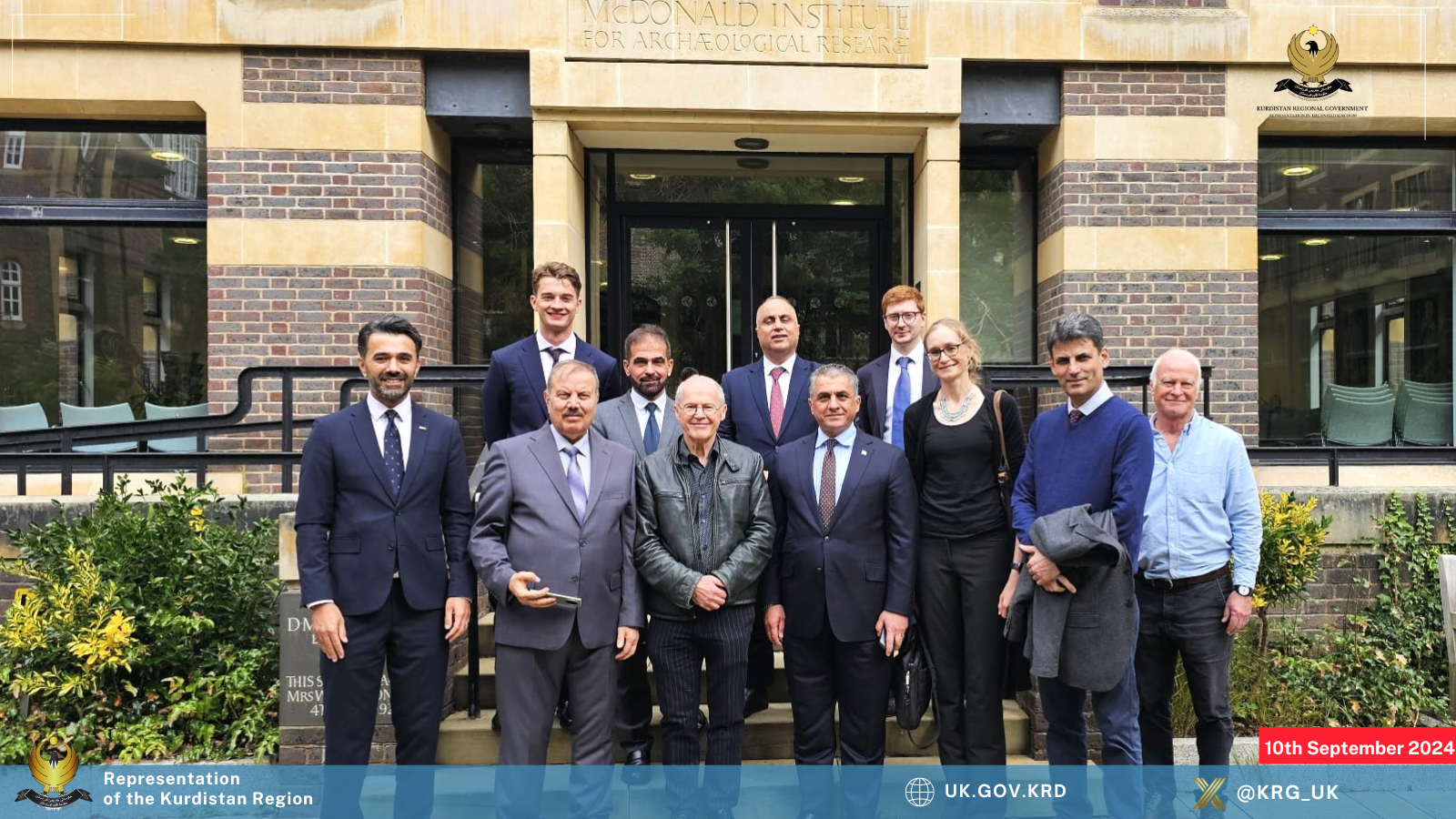 News : 9/10/2024
News : 9/10/2024
Cambridge,
UK, www.uk.gov,.krd. KRG UK High Representative, Mr Karwan
Jamal Tahir, along with colleagues from the High Representation and
representatives from KRG’s Department of Higher Education, paid a special visit
to the McDonald Institute for Archaeological Research at Cambridge University.
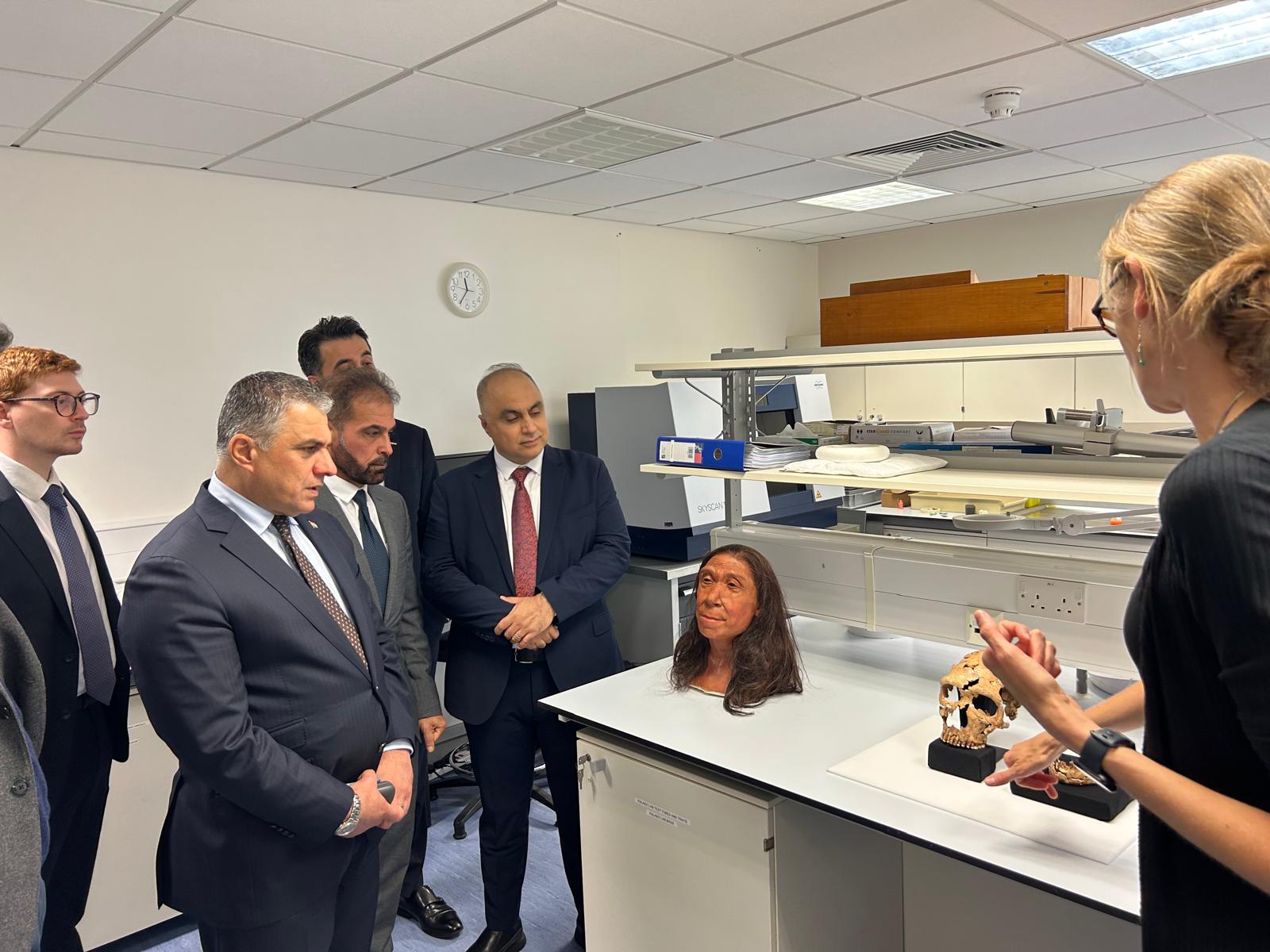
The McDonald Institute is currently home to 75,000-year-old Neanderthal remains
found in the Shanidar Cave in Kurdistan Region in 2018 by a team from Cambridge
University and Liverpool John Moores, led by Prof Graeme Barker and alongside
Prof Emma Pomeroy, a paleoanthropologist. Known as Shanidar Z, her skull has
been painstakingly restored by the team, alongside a facial reconstruction
showing what she may have looked like before she died.
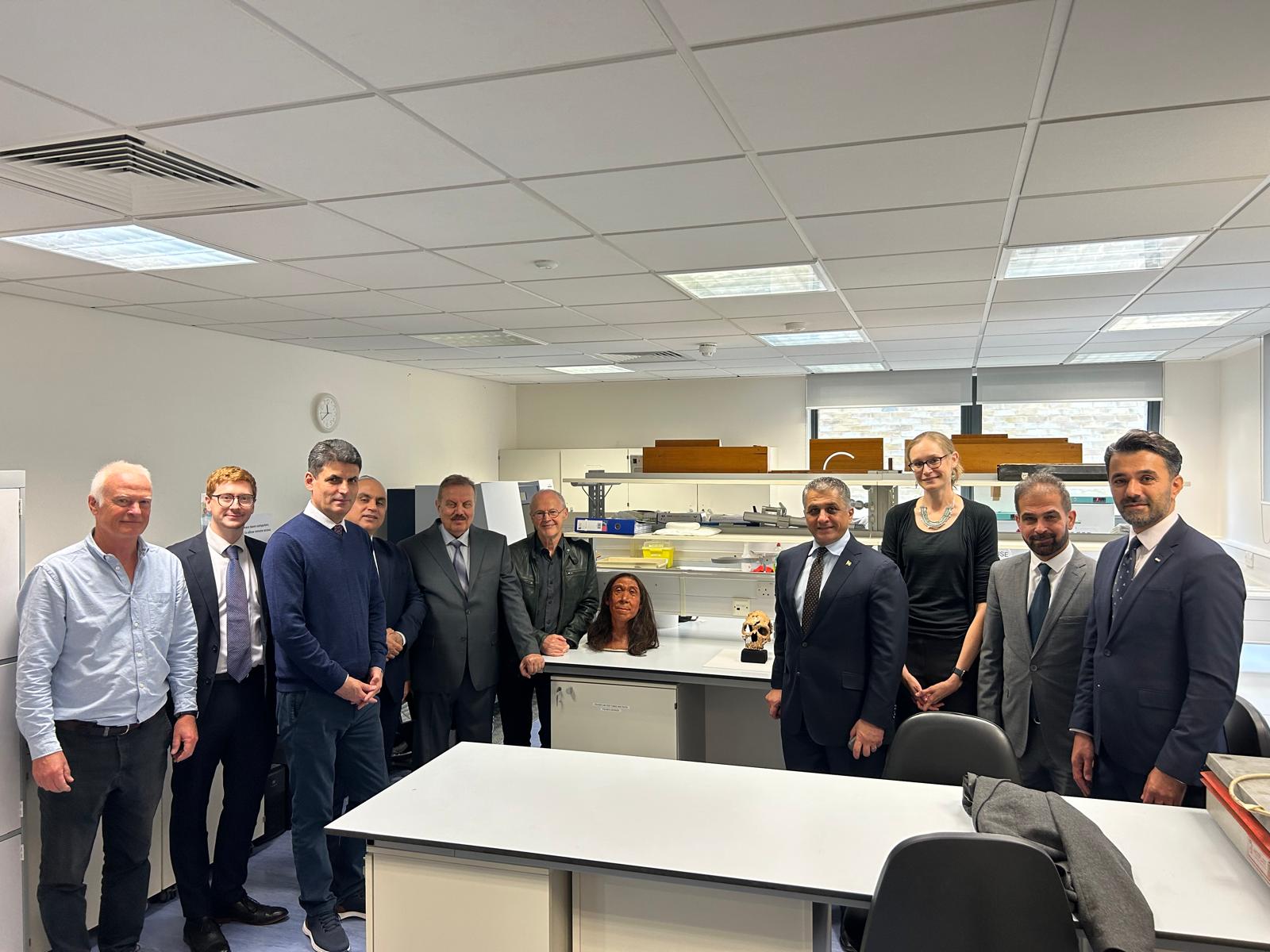
While Shanidar Z is so far the oldest skeleton found in the cave, there have
been several other Neanderthal findings as well as homo-sapiens who would have
been amongst the first agricultural farmers around 10,000 years ago. More
information on the Shanidar Cave findings can be found in this link.
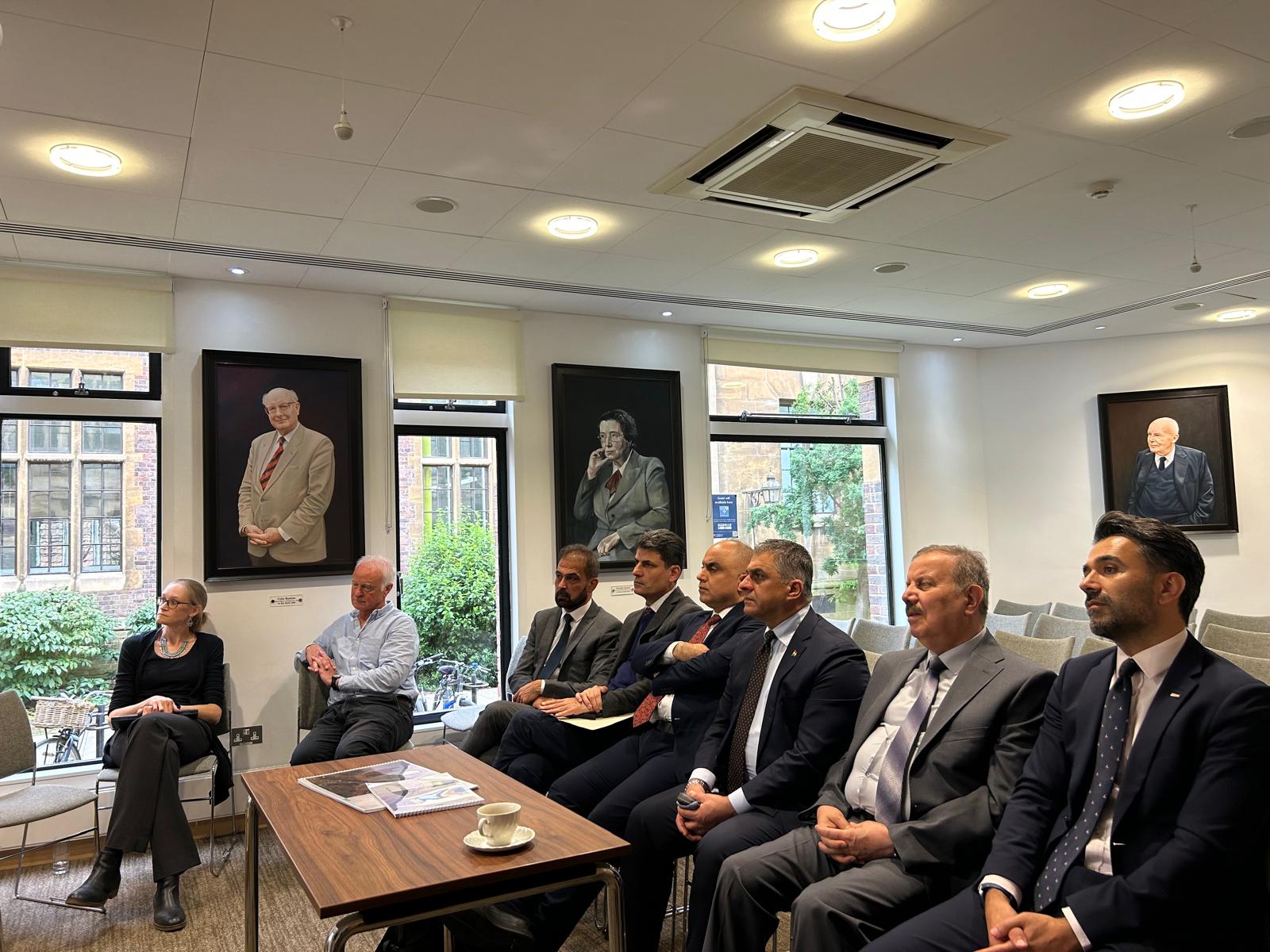
KRG High
Representative, Mr Tahir, was delighted to be able to see Shanidar Z and to
thank members of the archaeological team, including Professors Barker and
Pomeroy, who provided a superb presentation to the delegation on the historical
findings and their importance to the Kurdistan Region and the wider world.
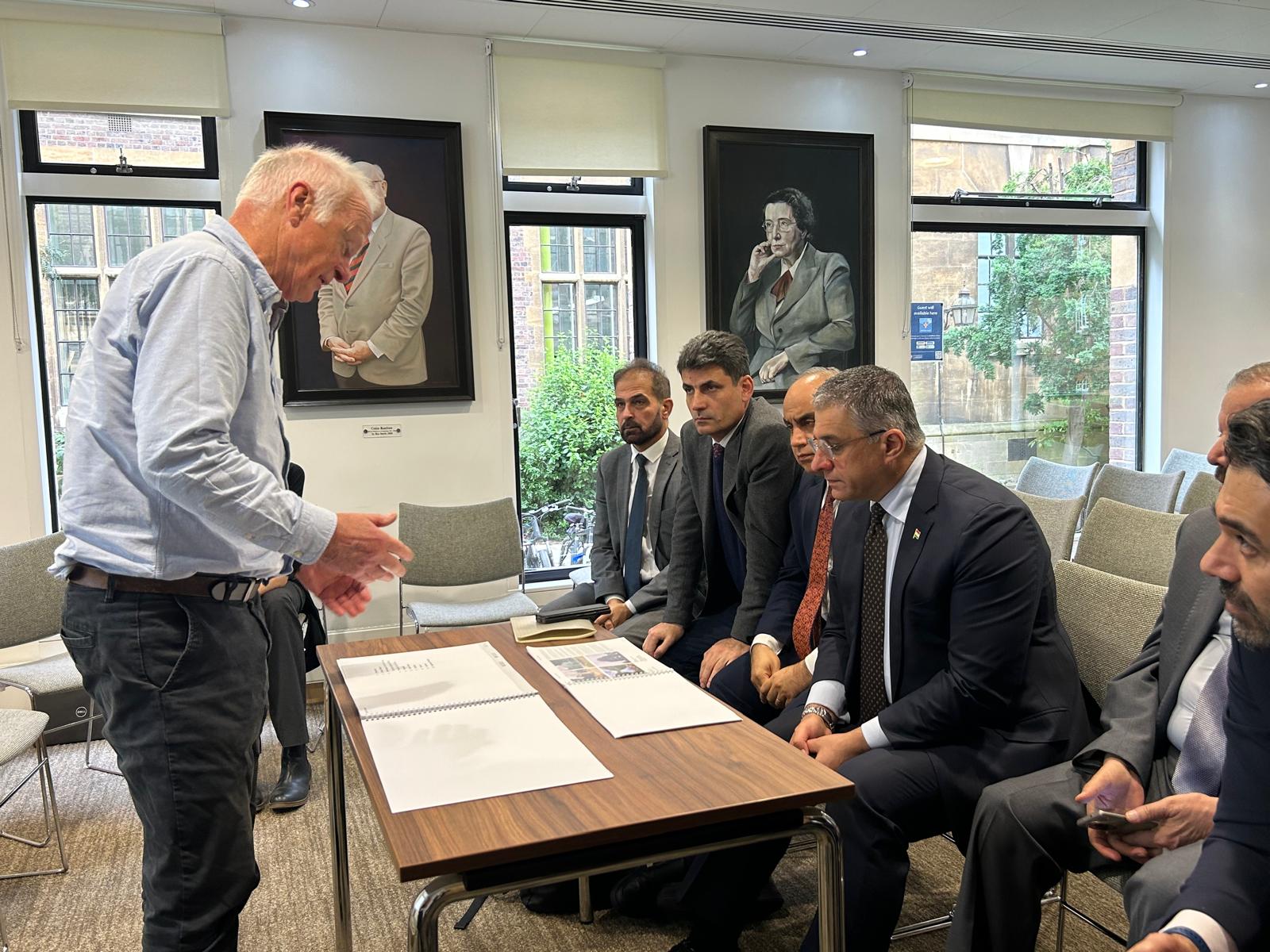
The delegation also heard from Jamie Buchanan, who has been tasked with
coordinating the project for a visitor centre at the Shanidar Cave site in the
Kurdistan Region, where the remains will ultimately be returned after the
research is completed.
Mr Tahir stressed the importance of these findings and the Shanidar Cave site
to the Kurdish nation. He was keen to hear from the Professors about continued
collaboration with other universities, how best to encourage the universities
and students in the Kurdistan Region to pursue these specific fields of
archaeological research, and the future establishment of an archaeological
research institute in the Kurdistan Region.
Cambridge, United Kingdom
10th September 2024